Hague: Mladić can face trial after 2011
Hague Judge Fausto Pocar says that the two remaining Hague fugitives could face trial, even after 2011, when the Tribunal is scheduled to close, if needs be.
Tuesday, 02.12.2008.
12:56

Hague Judge Fausto Pocar says that the two remaining Hague fugitives could face trial, even after 2011, when the Tribunal is scheduled to close, if needs be. At a conference in Belgrade today entitled “War Crimes Trials—the Current Moment, Results, Prospects,” Pocar said that 2011 did not have to mark the end of the Tribunal's work. Hague: Mladic can face trial after 2011 “The UN Security Council can extend the mandate of the court and I believe that they will do so,” Pocar said. Other participators in the conference agreed that the extradition of both Ratko Mladic and Goran Hadzic was absolutely essential. State Secretary in the Justice Ministry Slobodan Homen said that Serbia was determined to honor all its obligations to the Hague Tribunal. Homen said that completion of cooperation was necessary for Serbia and for justice, for apologizing to the victims, and also for the moral, material and political damage that the fugitives were inflicting on the country. Today’s conference in Belgrade is dedicated to war crimes trials involving judges from Serbia, the Hague Tribunal and countries in the region. Homen said that 46 war crimes indictees had been extradited to the Hague Tribunal thus far, and that 91 defendants had been tried in the 258 cases heard before the Serbian courts over the last five years. He said that the latest European Commission report also sent an encouraging signal that Serbia was on the right path in its efforts to complete its Hague obligations and help try war crimes cases. Serbian War Crimes Prosecutor Vladimir Vukcevic said that the rule of law in Serbia was not possible without shattering the prejudices in institutional and professional work, which were direct consequences of the wartime conflicts. He said that the process of confronting the facts regarding war crimes was always slow and difficult, and that, unfortunately, the initial spur to face these things did not come from the societies whose citizens had participated in these wars and violations of humanitarian law, but from abroad. Supreme Court President Vida Petrovic Skero said that, by law, war crimes cases did not expire because of their special gravity. She said that cooperation with the Hague Tribunal and courts in the region was of essential importance, especially for protecting witnesses and gathering evidence that was hard to come by because the crimes had been committed many years ago. Belgrade District Court President Sinisa Vazic said that because of the planned culmination of the Hague Tribunal’s work, regional courts should go to added lengths to cooperate in solving expert, legal, organizational and personnel-related problems. The conference was organized by the Belgrade District Court’s War Crimes Chamber in conjunction with the OSCE mission to Serbia, and with the support of the Justice Ministry and the National Council for Cooperation with the Hague Tribunal.
Hague: Mladić can face trial after 2011
“The UN Security Council can extend the mandate of the court and I believe that they will do so,” Pocar said.Other participators in the conference agreed that the extradition of both Ratko Mladić and Goran Hadžić was absolutely essential.
State Secretary in the Justice Ministry Slobodan Homen said that Serbia was determined to honor all its obligations to the Hague Tribunal.
Homen said that completion of cooperation was necessary for Serbia and for justice, for apologizing to the victims, and also for the moral, material and political damage that the fugitives were inflicting on the country.
Today’s conference in Belgrade is dedicated to war crimes trials involving judges from Serbia, the Hague Tribunal and countries in the region.
Homen said that 46 war crimes indictees had been extradited to the Hague Tribunal thus far, and that 91 defendants had been tried in the 258 cases heard before the Serbian courts over the last five years.
He said that the latest European Commission report also sent an encouraging signal that Serbia was on the right path in its efforts to complete its Hague obligations and help try war crimes cases.
Serbian War Crimes Prosecutor Vladimir Vukčević said that the rule of law in Serbia was not possible without shattering the prejudices in institutional and professional work, which were direct consequences of the wartime conflicts.
He said that the process of confronting the facts regarding war crimes was always slow and difficult, and that, unfortunately, the initial spur to face these things did not come from the societies whose citizens had participated in these wars and violations of humanitarian law, but from abroad.
Supreme Court President Vida Petrović Škero said that, by law, war crimes cases did not expire because of their special gravity.
She said that cooperation with the Hague Tribunal and courts in the region was of essential importance, especially for protecting witnesses and gathering evidence that was hard to come by because the crimes had been committed many years ago.
Belgrade District Court President Siniša Važić said that because of the planned culmination of the Hague Tribunal’s work, regional courts should go to added lengths to cooperate in solving expert, legal, organizational and personnel-related problems.
The conference was organized by the Belgrade District Court’s War Crimes Chamber in conjunction with the OSCE mission to Serbia, and with the support of the Justice Ministry and the National Council for Cooperation with the Hague Tribunal.






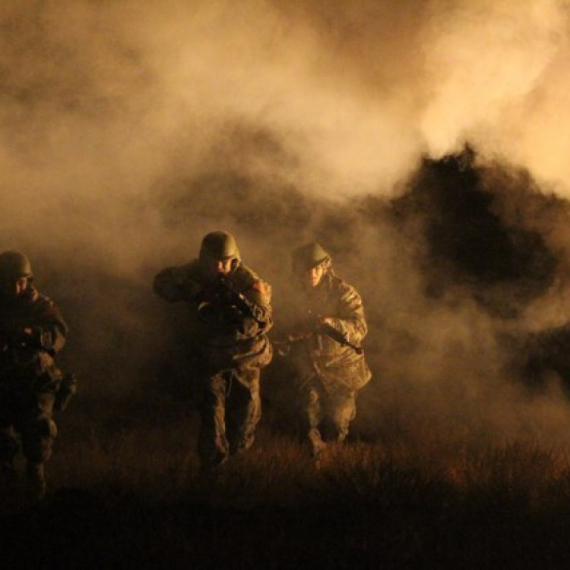









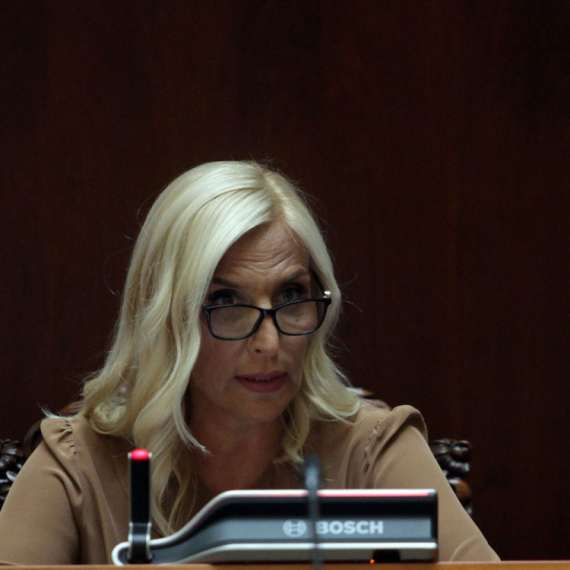
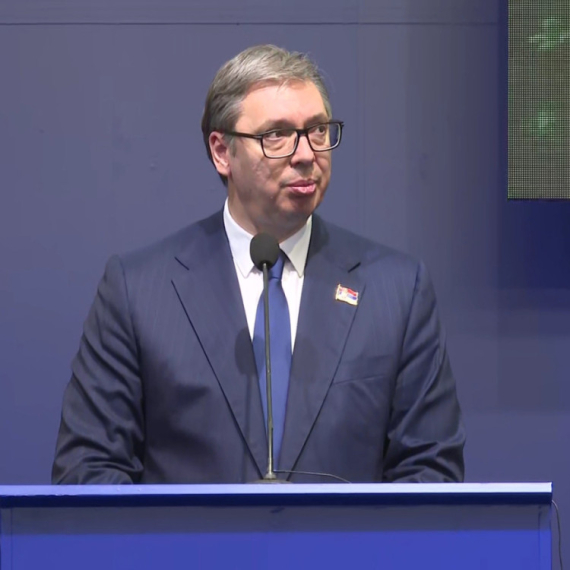

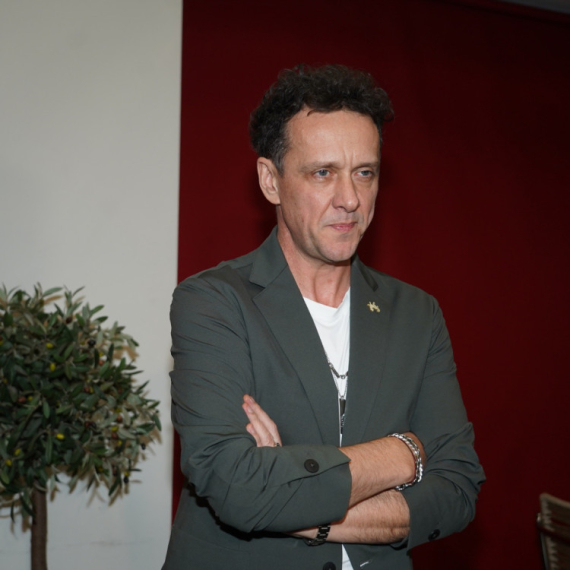





















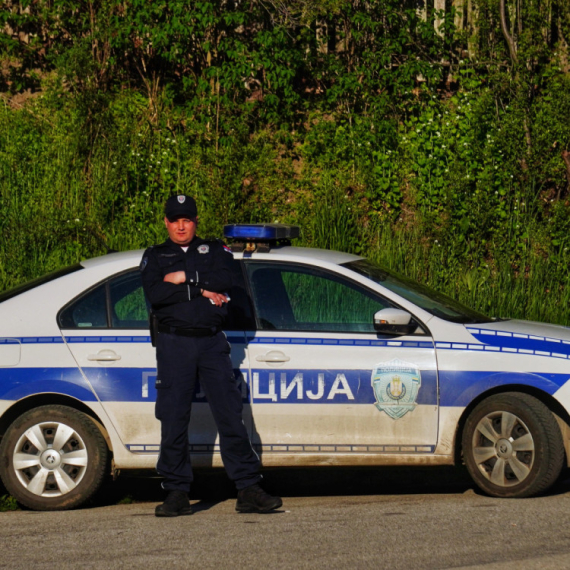
















Komentari 1
Pogledaj komentare